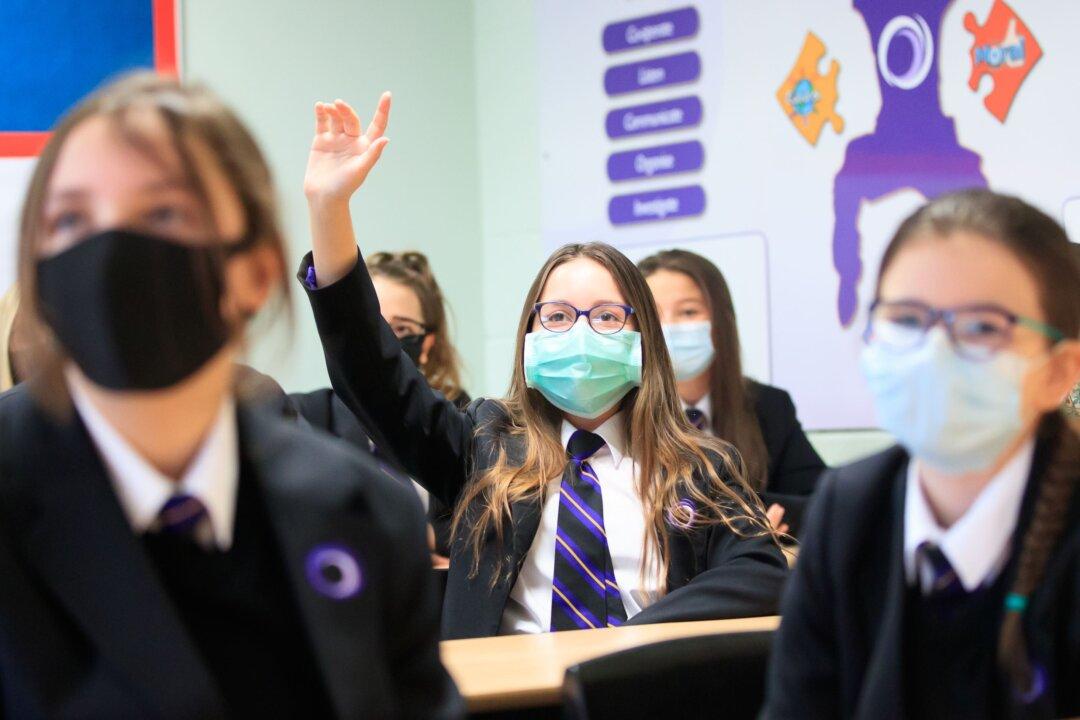On Monday, Home Secretary Priti Patel backed an amendment from the House of Lords to the Police, Crime, Sentencing, and Courts Bill that would enable a local authority to quickly establish a ‘buffer zone’ around schools that have had ‘anti-vaxxers’ protests.
“She will point out to MPs the irony of recognising the significant harm that can be caused by protests with this amendment and highlight that logic follows that it shouldn’t just be schools and vaccination centres that are protected,” wrote Patel in a statement.





